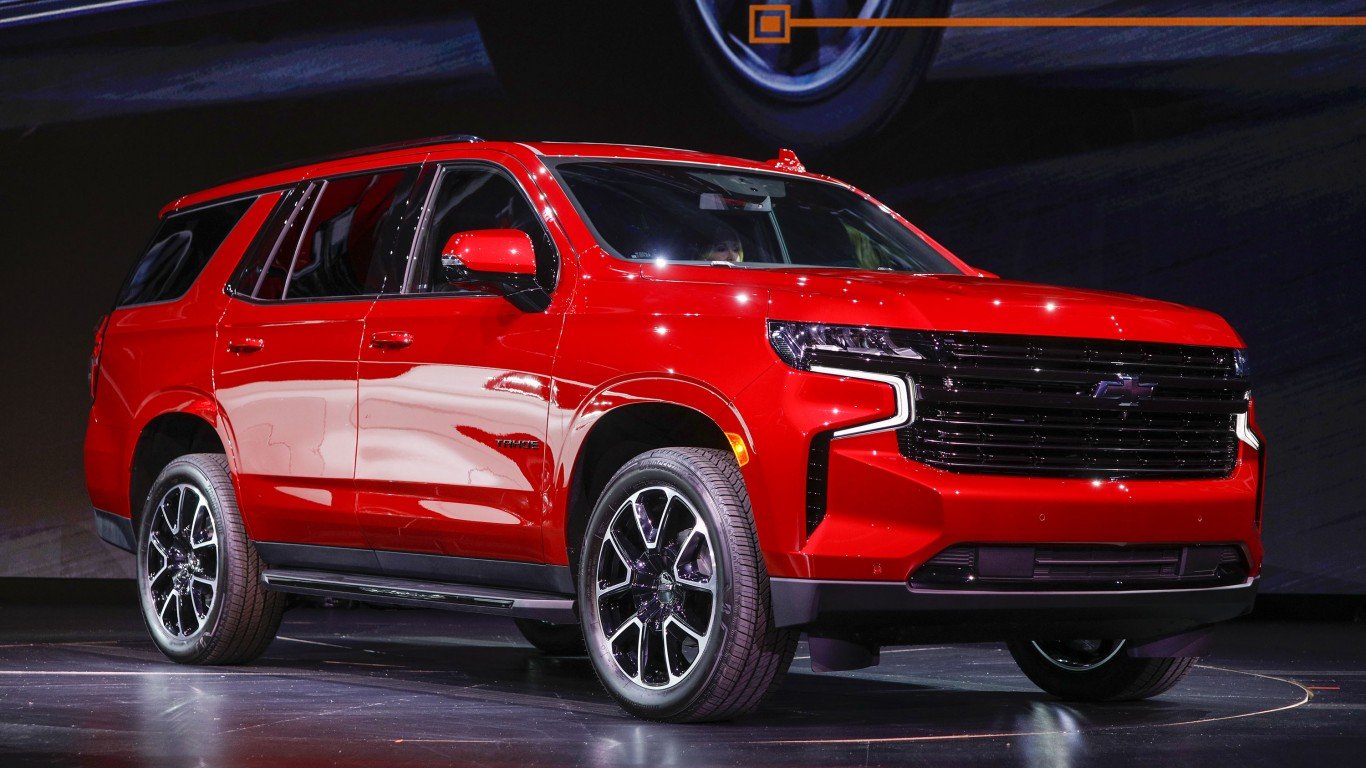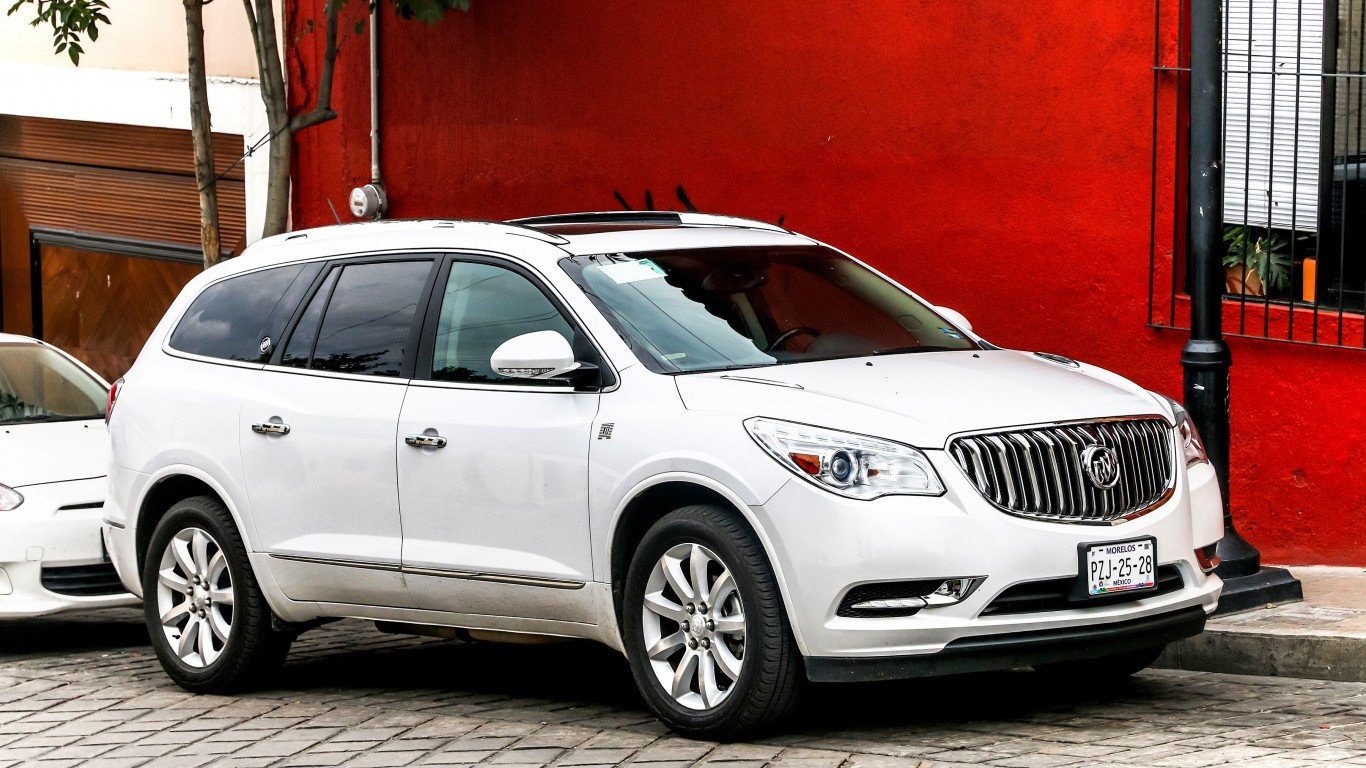

A recent Wall Street Journal article about the comeback of the car industry included “car brands with the most inventory” data. Buick, GM’s aged brand, was at the head of that list at 106 days. Even with a resurgence in new car demand, Buick is stuck and is unlikely to become unstuck. (These are the best- and worst-built cars in America.)
Speaking of Buick and Jeep (another brand with too much inventory), the article’s authors wrote, “If supplies get bloated, it could put an end to the lofty prices and big profits the industry has enjoyed since the pandemic’s early days, analysts say.”
Buick was started in 1899. It was not independent for long, as General Motors bought it in 1908.
Buick was a muscle car and a relatively high-end brand for decades. It could not keep a place among mainstream brands like Ford, Chrysler and Chevy. As it fell behind, the number of its models shrank.
A low model count can kill a mainstream brand. When people enter dealerships, they want a broad range of choices. Ford and Chevy are the best examples. They have pickups, sport utility vehicles, crossovers and several cars. The cars have widely different price points, allowing dealers to bring in people across many income levels.
Buick has left aside most of the advantages of a broad brand. It is an excellent way to die slowly. Buick has three versions of its small Encore crossover and the slightly larger Enclave and Envision. The spread of base prices is also small, ranging from $26,000 to $45,000.
Every sizable American car brand has models that compete directly with Buick’s lineup. The more prominent brands also have dealers with more foot traffic that can turn into sales.
GM has a track record of closing brands. Buick may be next in line.
Sponsored: Want to Retire Early? Here’s a Great First Step
Want retirement to come a few years earlier than you’d planned? Or are you ready to retire now, but want an extra set of eyes on your finances?
Now you can speak with up to 3 financial experts in your area for FREE. By simply clicking here you can begin to match with financial professionals who can help you build your plan to retire early. And the best part? The first conversation with them is free.
Click here to match with up to 3 financial pros who would be excited to help you make financial decisions.
Thank you for reading! Have some feedback for us?
Contact the 24/7 Wall St. editorial team.



